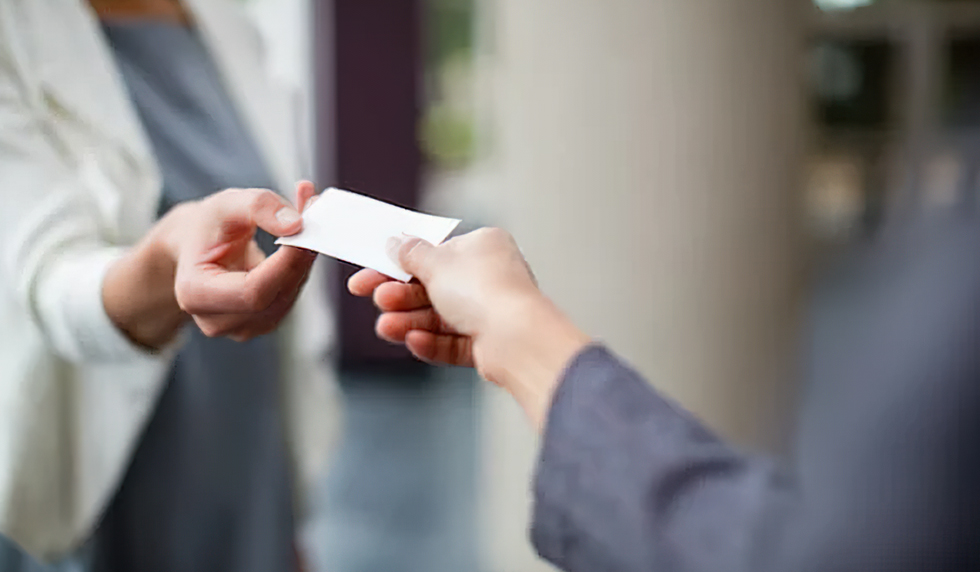For most people, a business card is primarily used to hand out to clients or prospective clients, so they have your information. But there’s one HUGE flaw in doing this: you leave any future connection up to the client.
Okay, that’s great, you gave them your card so they can contact you, but the cold hard truth is that you’ll never hear from most people in this situation ever again.
Marketing is all about lead generation, and in order to acquire a new lead, you need to have a way to contact them. So here are a couple ideas to consider.
-
- Keep a pocket-size notebook with you at all times so that whenever you hand out a business card, you can jot down the person’s information.
- Alternatively, you could find an app on your phone to collect contact info from potential clients.
- Set an appointment right there on the spot so you can follow up.
- Ask for their cell number so you can quickly text them, then jot down their name and number later.
While these methods can and do work, some find this process to be awkward or more “salesy” than they’d like. And of course, there’s no guarantee that the prospective client will even share any of their own contact information with you. Many people in this situation might just say, “Give me your card and I’ll call you.”
With a mobile business card, this process becomes much more natural.
“Hey, let me send you my mobile card so you have my contact info. I just need your cell number, and I’ll text it to you.”
Using this approach is much more natural, and is more likely to result in collecting the person’s contact information. And on top of that, your client now has a convenient way to call, text, or email you, as well as easily visit any number of web links or social media sites you choose to share.
Traditional business cards do still work, and there’s certainly times when they are necessary, but a mobile business card does have some clear advantages to consider.
